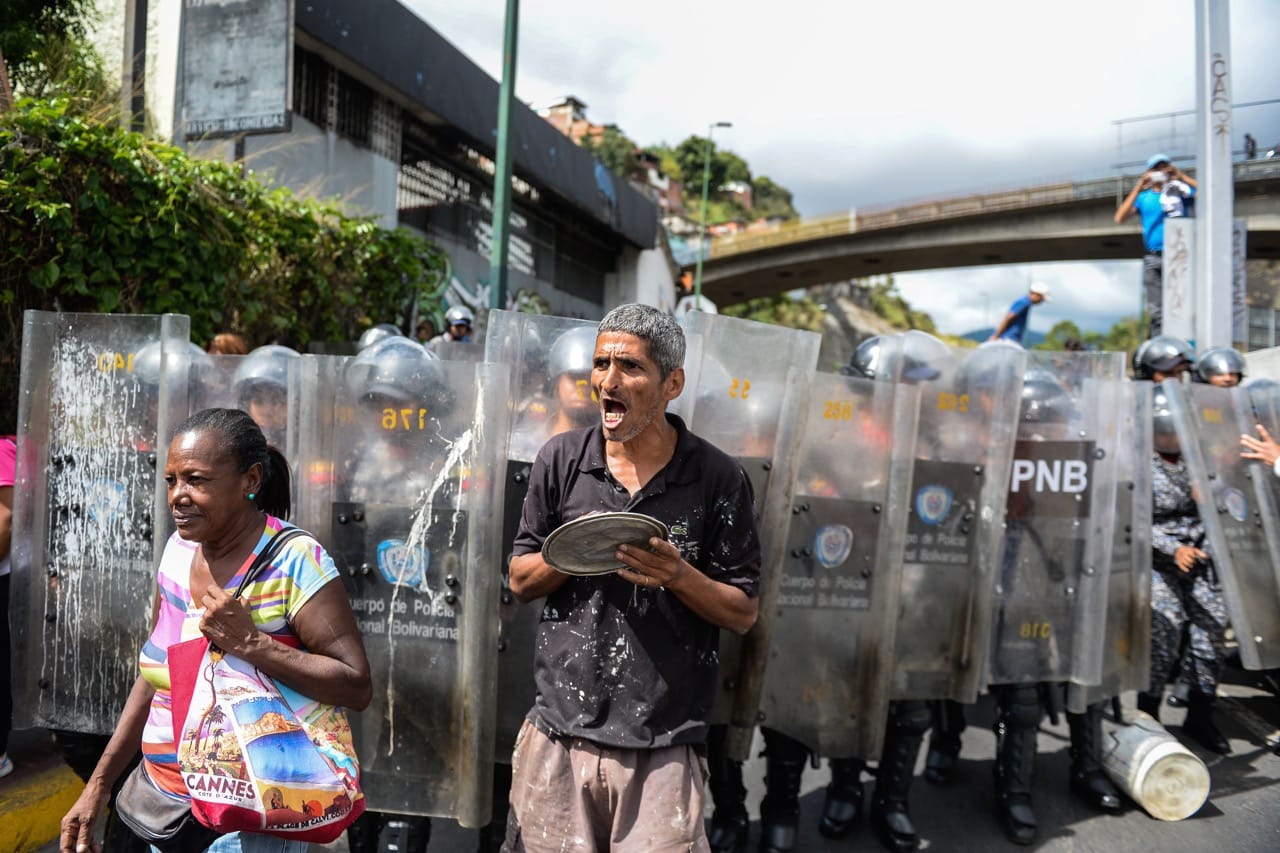A roundup of key free expression news in the Americas, based on IFEX member reports.
February is a month of celebrations in the Americas as festivals in various countries bring to fruition the colour and joy typical of this area of the world.
Neither music, nor costumes, nor make-up, however, can disguise the precarious situation that several countries in the region continue to face as authoritarian governments attempt to suffocate freedom of expression.
In Mexico threats issued by politicians against journalists are commonplace. One example is that of the mayor of Ciudad Juárez, Armando Cabada, who said to a journalist outside a restaurant, “Damn reporter… , your days are numbered.” He then attempted to assault the journalist but was prevented from doing so by his own security personnel.
Likewise, the mayor of Córdoba, Veracruz, Leticia López Landero, has harassed and institutionally attacked the daily El Mundo, according to personnel from the media outlet.
Judicial persecution, such as that suffered on two occasions by the daily El Pulso in San Luis Potosí, is also taking place, as is administrative harassment. The actions against the digital media outlet Zona Franca are one example of the latter.
All of this is taking place in a context in which violence and impunity are ongoing. Early in the month, the blogger and ‘YouTuber’ Pamela Montenegro, known by the pseudonym Nana Pelucas, was assassinated by two hitmen in a restaurant in Acapulco.
In addition, months are passing with no resolution and no arrests of those responsible for the murders of journalists Javier Váldez and Miroslava Breach, similar to dozens of other cases.
In Venezuela, any attempts at free expression that go against the government’s interests continue to be stifled. In this context, several journalists are being sued for publishing the results of an investigation into corruption in food importation that involved President Nicolás Maduro. The journalists were forced to flee the country and seek asylum as a result of the actions against them.
The Venezuelan government has also begun to apply the “anti-hate law”, summoning journalists for questioning and giving Maduro another tool with which to intimidate the press.
In addition, the National Guard prevented journalistic coverage at the border as thousands of Venezuelans emigrated to Colombia. Added to this is the fact that Internet navigation conditions in the country are among the worst on the continent.
Faced with yet another case, IPYS Venezuela director Marianela Balbi tweeted, “The authorities are required to provide guarantees for press freedom and the work of journalists. Detaining them and erasing the contents of their journalism work constitute a freedom of expression violation.”
Las autoridades están en la obligación de garantizar la libre prensa y el trabajo de los periodistas. Retenerlos y borrarle los contenidos de su trabajo como reporteros es una violación a la libertad de expresión https://t.co/Vr9G5NvScZ
— Nela Balbi (@NelaBalbi) February 24, 2018
These patterns are repeated in several other countries of the Americas. Members of IFEX warned of the precarious situation at the Public Hearings for the Inter-American Commission on Human Rights’ 167th Session, which took place in Bogotá.
In Honduras, state repression of demonstrations is ongoing, and with these actions democracy continues to be weakened. Another country of much concern for international organisations is the United States, where freedom of expression has passed from being a fundamental value to being in a fragile position, due in large part to President Donald Trump’s continual attacks on the press.
Judicial actions and campaigns
Judicial rulings in favour of harassed journalists or condemning those responsible for journalist assassinations continue to be rare, but their existence provides a ray of hope that these types of incidents can be brought to an end.
At the beginning of the month, the Colombian authorities sentenced a gunman for the 2015 assassination of radio journalist Luis Peralta and his wife, Sofía Quintero.
In Ecuador, former member of Congress Cléver Jiménez and political activist and journalist Fernando Villavicencio were declared innocent of divulging confidential documents during former president Rafael Correa’s administration.
The Mexican Federal Court ratified an annulment of the ruling against journalist Sanjuana Martínez. Martínez had been ordered to, among other things, provide reparations for supposed “moral damages” suffered by politician Jesús Ortega, caused by the publication in 2013 of two articles about sexual exploitation involving high level government officials.
Civil society movements are also trying to break through the constraints that many governments are attempting to impose on freedom of expression. The Electronic Frontier Foundation, together with several other organisations, is continuing the fight to revoke decisions by the Trump government that contravene the principle of net neutrality. In their recent campaign, they have been calling on Congress to rescind the decision.
In Mexico, 85 civil society organisations, called #MediosLibres, have come together to monitor that Congress adheres to deadlines set by the courts and approves a general law on government advertising before 30 April.
In Paraguay, similar to other countries in the region, journalists’ organisations are preparing to come together on 8 March to call for equal rights between men and women.
In brief
Two journalists were assassinated in a single day in Guatemala. The much promised protection system is still non-existent.
Despite statements by the president, the allocation of government advertising continues to be unregulated in Uruguay.
In Peru, two journalists were kidnapped and assaulted.
More than 40 journalists from the Caribbean region met in Barbados to attend a Disaster Reporting Symposium.
